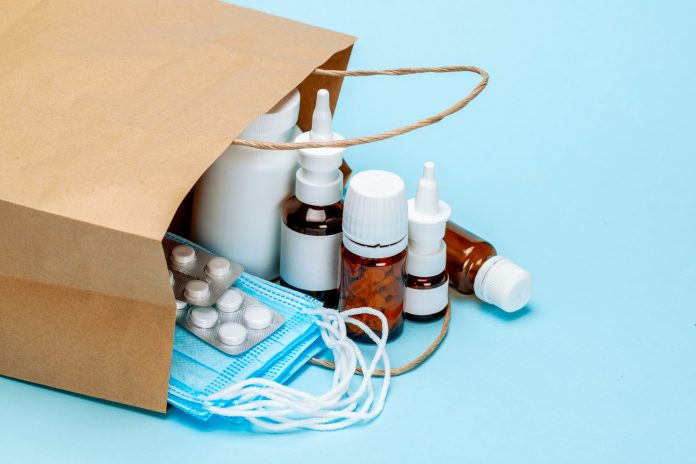The festive season can be a challenging time for medication adherence; however, Managing Director of Webstercare Gerard Stevens AM says it’s one routine that is important to stick to.
“Every year millions of Australians suffer adverse medicine events as a result of not taking medications as prescribed,” Mr Stevens said, “so, it’s really important to stick to your medication schedule.”
Mr Stevens says the barriers to medication adherence during the holiday period include routine changes and cost pressures, which, he says, can put people at risk.
“The holidays can be a time when it is easy to lose track of normal daily schedules. There are a lot of disruptions to regular routines, and it can be hard to remember if medication has been taken,” he said.
“Everyone wants to relax and have a good time, but things don’t always go according to plan, especially when daily medication routines are interrupted.”
How to maintain medication routines
Mr Stevens provides a few simple steps that can help people to stay medication-safe during the holiday period.
- Ask your pharmacist for a Webster-pak for the duration of your holiday period.
A Webster-pak will ensure all medications prescribed are available for the duration of the trip and act as a reminder to take the recommended doses.
“With a Webster-pak system, the pharmacy will supply a week’s worth of medication packed into individual dosage times, so you know exactly what needs to be taken at the right time. Your pharmacy may even deliver it for you,” Mr Stevens said.
2. Carry a PocketProfile Medicines List in a wallet or purse.
People can find it difficult to remember and explain exactly what medications and doses they take, especially with multiple medications.
One great solution is Webstercare’s PocketProfile Medicines List, which can simply be printed by your pharmacist.
It contains a person’s entire medication profile, including images of medications, and neatly folds down to the size of a credit card, so it’s easy to keep in your purse or wallet. Whenever a medication changes, your pharmacist will issue you with an updated PocketProfile.
“Around one-in-five people aged 70 or older are on four or more medications, which they truly need. It can be difficult to remember all of the names and correct dosages,” Mr Stevens said.
“Having an up-to-date list can be very useful. Plus, in an age where things are increasingly digital, users of the PocketProfile don’t need the latest gadgets, apps and electronic devices – it won’t run out of charge and it won’t shut down.”
The PocketProfile also contains the person’s home pharmacy and phone number, enabling a pharmacist at a holiday destination to simply ring the home pharmacy to confirm the medications that were prescribed, before issuing emergency replacements to last the remainder of the holiday.
“It is particularly helpful in emergency situations. Medical staff can immediately see a patient’s medications and any other medical concerns, including ‘in case of emergency’ contact details,” Mr Stevens said.
3. Speak to your pharmacist before going away
“It is a good practice to check in with your pharmacist before going away, they are a wealth of knowledge and information,” Mr Stevens said.
“It is also an opportunity to speak to them about the Pharmacist Shared Medicines List, (PSML) a consolidated list of medicines prepared by a pharmacist and uploaded to a patient’s My Health Record.
“It can help to reduce medication-related problems, specifically those experienced by older Australians.”
For more information, visit: webstercare.com.au.










